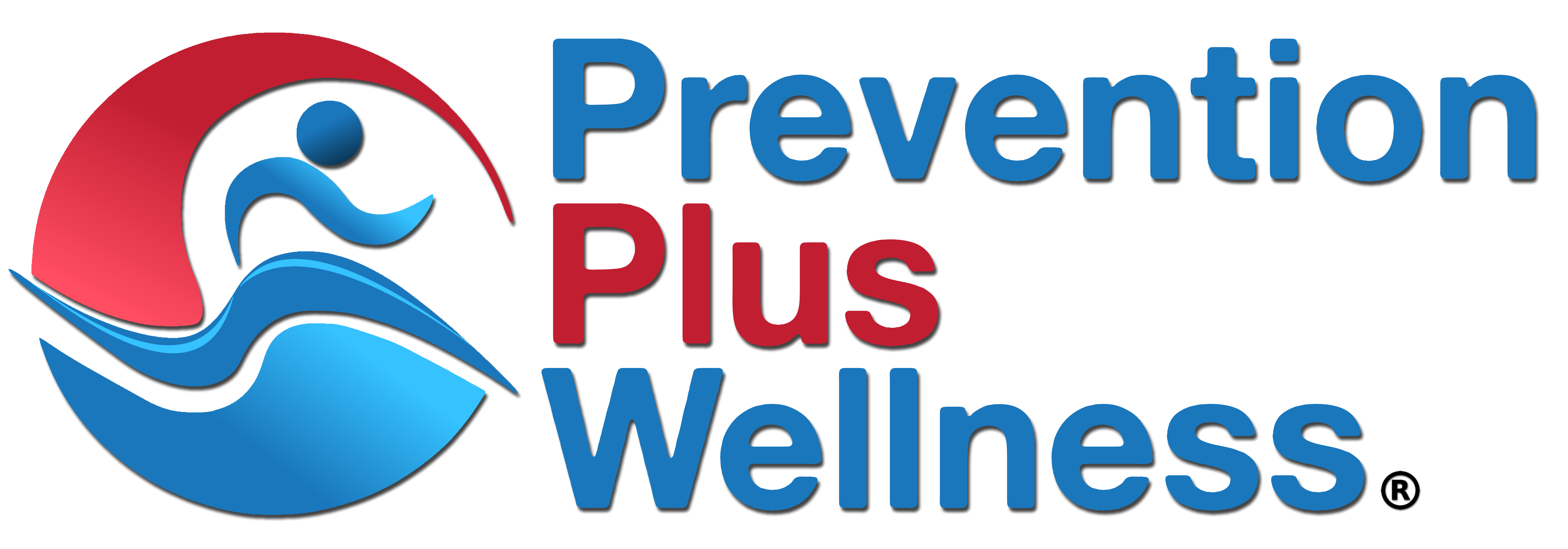With 29 states in the US legalizing medical marijuana and nine permitting recreational marijuana use, it’s only a matter of time before even more states decide to allow some form of marijuana legalization. In addition, it is expected that Canada will be legalizing recreational marijuana use for the entire nation next year.
Marijuana is the most widely used illegal drug in the US and Canada. Recent estimates show that nearly 20% of Americans aged 18-25 years old are current cannabis users (National Survey Drug Use & Health), while 19% of Canadian’s aged 18 and over have used marijuana in the past year (Forum Research).
Attitudes related to marijuana use are also changing. Most American’s now favor legalizing the use of marijuana (Pew Research Center), while in Canada the largest group of those who want it legalized think it should happen immediately (Forum Research).
The obvious question for companies throughout North America during this radical change in marijuana laws, use and attitudes is: How will this affect our business’s safety, drug policy and compliance with laws?
Workplace Safety
Marijuana use impairs critical cognitive and motor skills necessary to perform complex, but even simple, job tasks in a safe and productive manner. For example, cannabis use increases lethargy and sleepiness, and impairs memory, problem-solving, concentration, coordination and reaction time.
Marijuana use is associated with likelihood of accidents, injury and absenteeism. It also at least doubles the risk for driving accidents. After alcohol, marijuana is the drug most found in the blood of drivers in a crash.
Random workplace drug tests can detect not only current, but past use of marijuana. Marijuana can stay in the body for days, weeks and even longer after using it. In addition, the effects of marijuana can last up to 8 hours if smoked, and 14 hours if eaten.
There is no known level of marijuana use that would not negatively impact workplace safety and productivity.
Drug Policy
Workplaces need to determine, and articulate in their policies, whether they are banning all marijuana and other drug use, or merely impairment. Of course, these policies need to be regularly communicated and consistently enforced.
Other key issues that need clarification in company policies include:
- Determination of impairment
- Marijuana use outside of company time
- Drug testing
Your state/province laws regarding discriminating against marijuana users should be reviewed regularly (e.g., annually), and reflected in your policies. Employers near states that legalize recreational marijuana use must establish off-work use policies.
Both supervisors and employees require training regarding the risks of marijuana use, and supervisors should be taught how to identify signs of marijuana impairment and procedures for reporting.
Compliance with Laws
Compliance must be maintained with both federal and state/province laws regarding marijuana use. Since many marijuana regulations are changing, it is imperative that workplaces keep up-to-date on evolving laws and ensure their policies and practices comply.
On the federal side, key US regulations include the Drug-Free Workplace Act (DFWA), the US Department of Transportation (DOT), and the Americans with Disabilities Act (ADA). For example, the DOT mandates that marijuana use is unacceptable for all safety-sensitive employees, subject to drug testing.
On the state/province side, these laws are in flux and differ across regions. Most do not provide protections even for the use of medical marijuana, but there are some exceptions. At this time, there are no states that protect recreational marijuana use for employees.
Conclusion
The bottom line for workplaces is to stay abreast of changing marijuana laws and make sure company policies and practices match with legal requirements.
This includes training of key staff, such as safety and HR managers, substance abuse professionals, EAP directors, and health specialists.
It also includes compliance training with regular updates for both supervisors and employees.
Medical marijuana should not be viewed as a license for impairment at the workplace.
What is your company doing regarding employee drug use with the changing marijuana laws, use and attitudes?
Please share this important information with businesses in your region.
Thank you!

